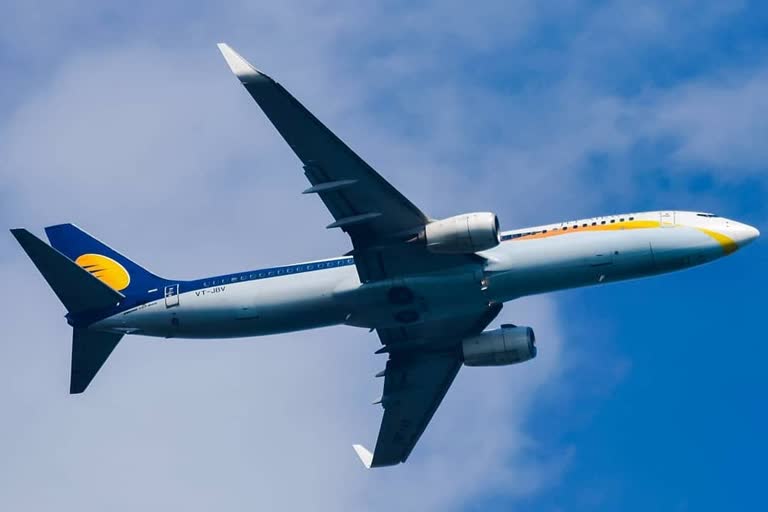Canada:Jet fuel prices have reached nearly 85 dollars per barrel the highest level since November 2018 mainly due to the US decision to end sanction waivers on Iran oil imports, according to the International Air Transport Association (IATA).
The average monthly price of Brent crude oil and jet fuel continued to trend upwards in April, said IATA in its latest financial monitor.
"Oil prices remain under pressure as the fears of supply disruption augmented amid heightened tensions in the Middle East," said the global trade body representing some 290 airlines which comprise 82 per cent of the air traffic worldwide.
The futures market still indicates oil prices to remain relatively stable for the rest of the year. The December 2019 future contracts hover around 69 to 70 dollars, it said.
Read more:As telecos get rid of low-revenue customers, subscribers shrink by 2.2 crore
The report showed that some 107 aircraft were delivered in the month -- fewer than the 117 delivered in the same period a year ago. Altogether, the number of aircraft delivered in the first four months of this year was much lower than that was registered in the same period last year (399 versus 455).
An average 462 aircraft delivered in the first four months of the years between 2013 and 2018, IATA said. As many as 118 aircraft returned to the fleet from storage while 106 left the fleet in April 2018. Net storage activity made a small positive contribution to fleet growth following a sharp decline (minus 401 aircraft) in March.
The number of available seats in the global airline fleet increased by 0.4 per cent in month-on-month terms in April following a sharp decline in March (minus 1.2 per cent) due to Boeing 737 Max groundings.
In year-on-year terms, growth eased by 0.2 percentage point to 4 per cent, the lowest annual increase since May 2013, the financial monitor said. Industry-wide available seat kilometres (ASKs) grew by 4.2 per cent year-on-year in March, outpacing growth in revenue passenger kilometres by nearly 1 percentage point, IATA said.
Industry-wide capacity, measured by available freight tonne kilometres (AFTKs), increased by a moderate 3.1 per cent year-on-year in March.
Over the course of the past year or so, the rate of capacity growth has clearly moderated. Indeed, the annualised pace of growth over the past six months is down at nearly 2 per cent compared to 3.9 per cent earlier in the year, IATA said.
